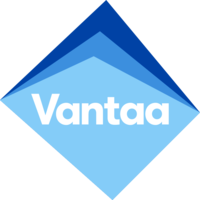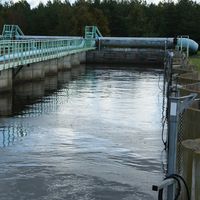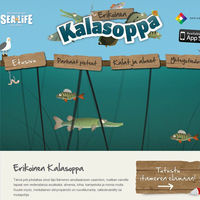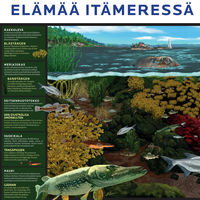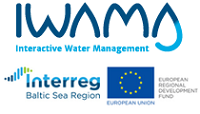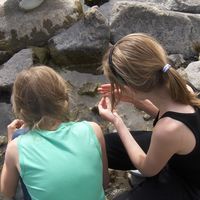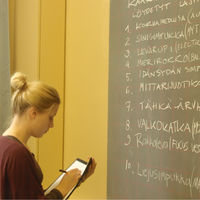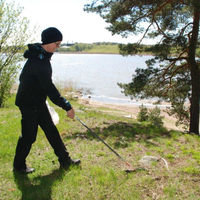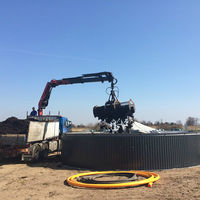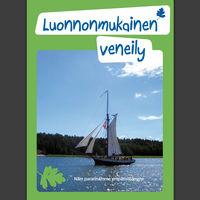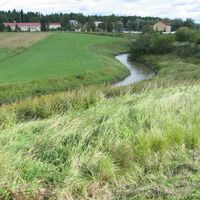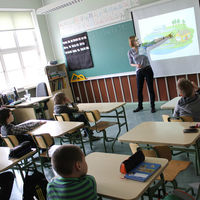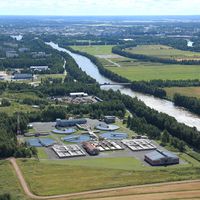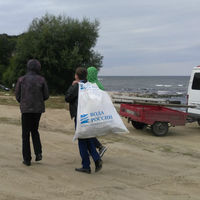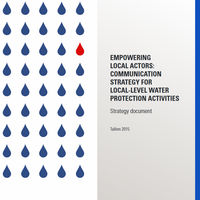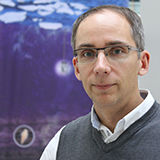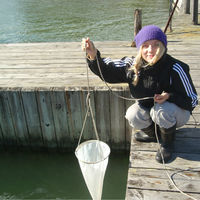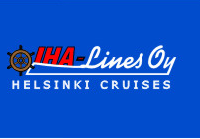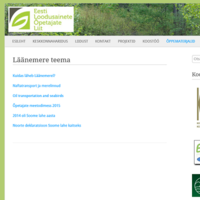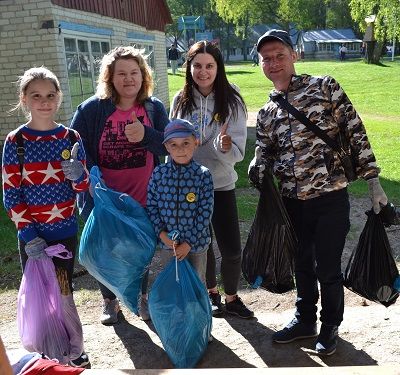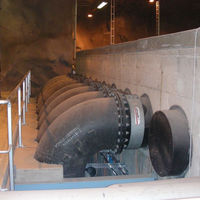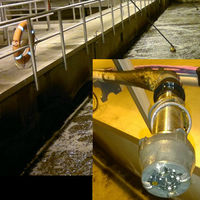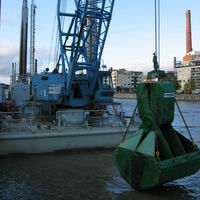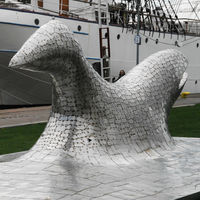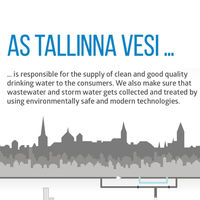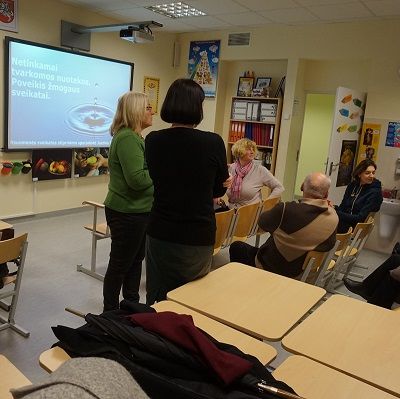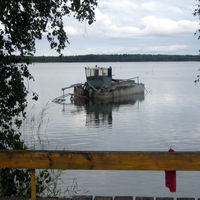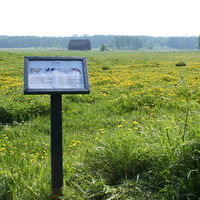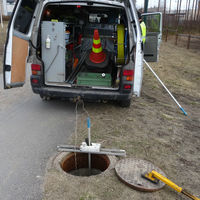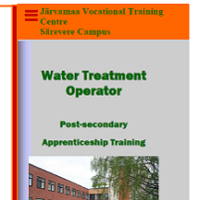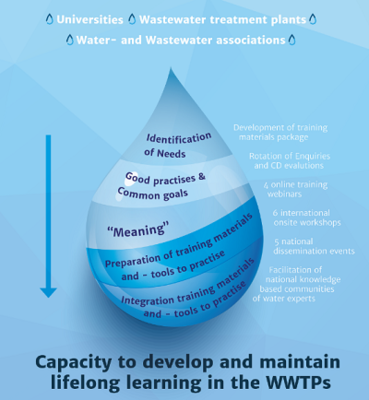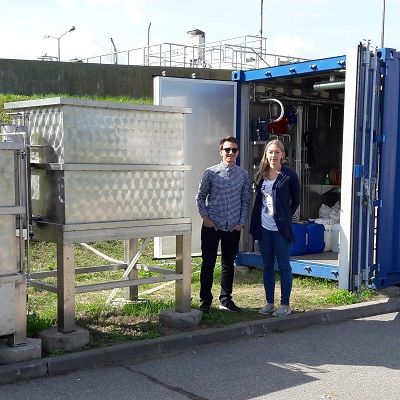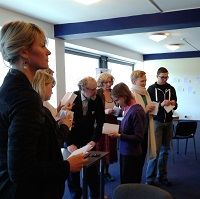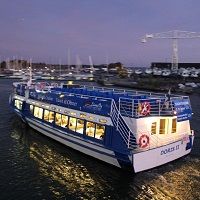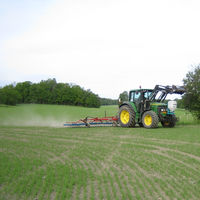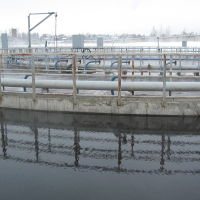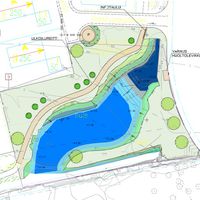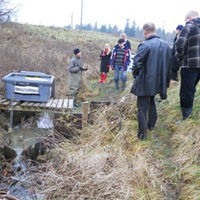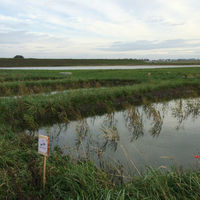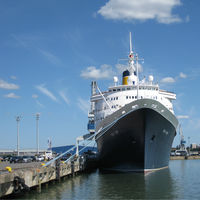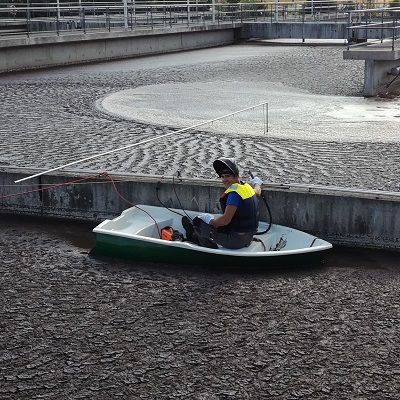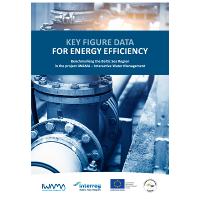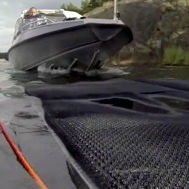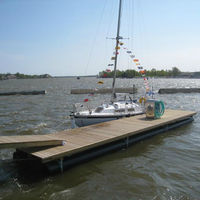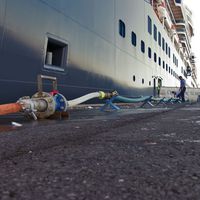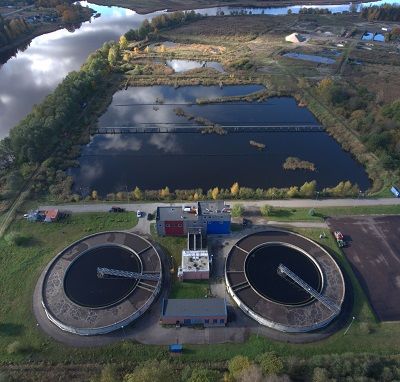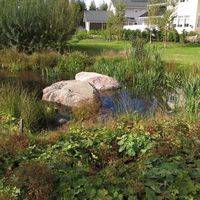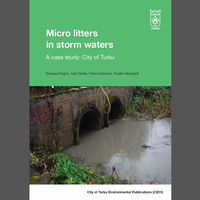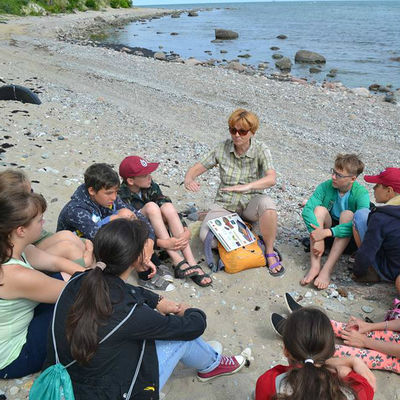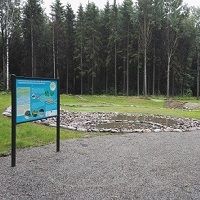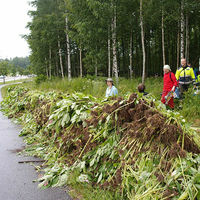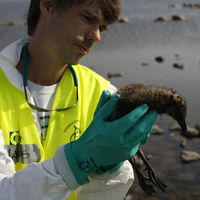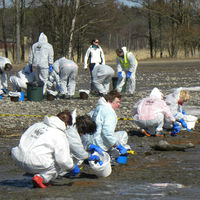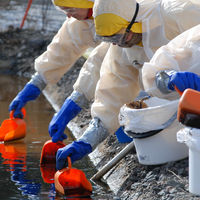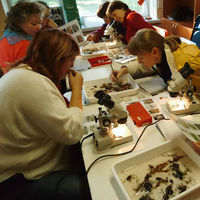Bank of Actions
Are you seeking examples or inspiration for water protection? There are plenty of potential actions to choose from! The Bank of Actions will provide your organisation with concrete ideas and examples of water protection activities implemented by organisations in the Baltic Sea Challenge network. You can browse these according to the theme, type of actor, country, year or keyword.
 |
Join the Baltic Sea Challenge network by committing to water protection work, and gain the benefits of an international expert Network. Read more about the Baltic Sea Challenge and how to join the network. |
 |
The Bank of Actions is always open to ideas for new actions. Is your organisation already a member of the Baltic Sea Challenge network and does it have good examples of water protection measures that it would like to share? Tell us about the work that you do, by filling in this form. We will put your action on the map! |
![]() Agriculture
Agriculture
![]() Awareness raising
Awareness raising
![]() Hazardous materials
Hazardous materials
![]() Littering etc.
Littering etc.
![]() Oil spill prevention
Oil spill prevention
![]() Research and monitoring
Research and monitoring
![]() Shipping and boating
Shipping and boating
![]() Stormwater management
Stormwater management
![]() Strategies and programs
Strategies and programs
![]() Wastewater management
Wastewater management
![]() Other
Other
![]() Drainage basin
Drainage basin
Agile experiment: plastic waste in passenger ships food waste
Actor: Bioharbour Ltd ● Year: 2020 ● Address:
Bioharbour Ltd is Helsinki-based startup company and was chosen to the Baltic Sea Challenge Speedy Experiments in 2020 to analyse the composition offood waste on passenger ships. The hypothesis was that there is not only nutrients but also plastics in the foodwaste that could be prevented from entering the sea.
Description
Bioharbour Oy concluded that approximately 0.2 kg of macroplastics can be found in every tonne of food waste. It is probable that also microplastics could be found and the total amount of plastic would thus be higher. In proportion to inbound international cruise traffic during a normal year in Helsinki (c. 300 ship visits, 605 000 passengers and 300 000 crew members), international cruise ships are estimated to dump roughly 4 tonnes of macriplastic in the sea.
International cruise ships visiting Helsinki have the opportunity to leave their food waste in the Port of Helsinki, but some ships dump the waste in the sea in international waters instead. In the context of regular passenger traffic, food waste is processed sustainably as part of other waste management arrangements, to ensure that none of it ends up in the sea.
Benefits
Bioharbour is in the process of developing a new method of producing carbon-neutral energy from the food waste and other organic waste matter (20 000 t annually) generated by cruise ships to ensure that even the plastics are recycled for further use.
Background information
Four experiments to combat marine litter in the Baltic Sea received altogether 50 000 euros of support from the City of Helsinki. The experiments were conducted during 2020 in Helsinki’s coastal and sea areas to find innovative new means to prevent plastic waste in the Baltic Sea.
Watch the video presenting Bioharbour's speedy experiment!
Read the news on the results of all of the experiments (City of Helsinki, 20 Jan 2021)
Further information
Name: Mikko Heikkilä ● Email: mikko.heikkila(a)biosatama.fi ●

